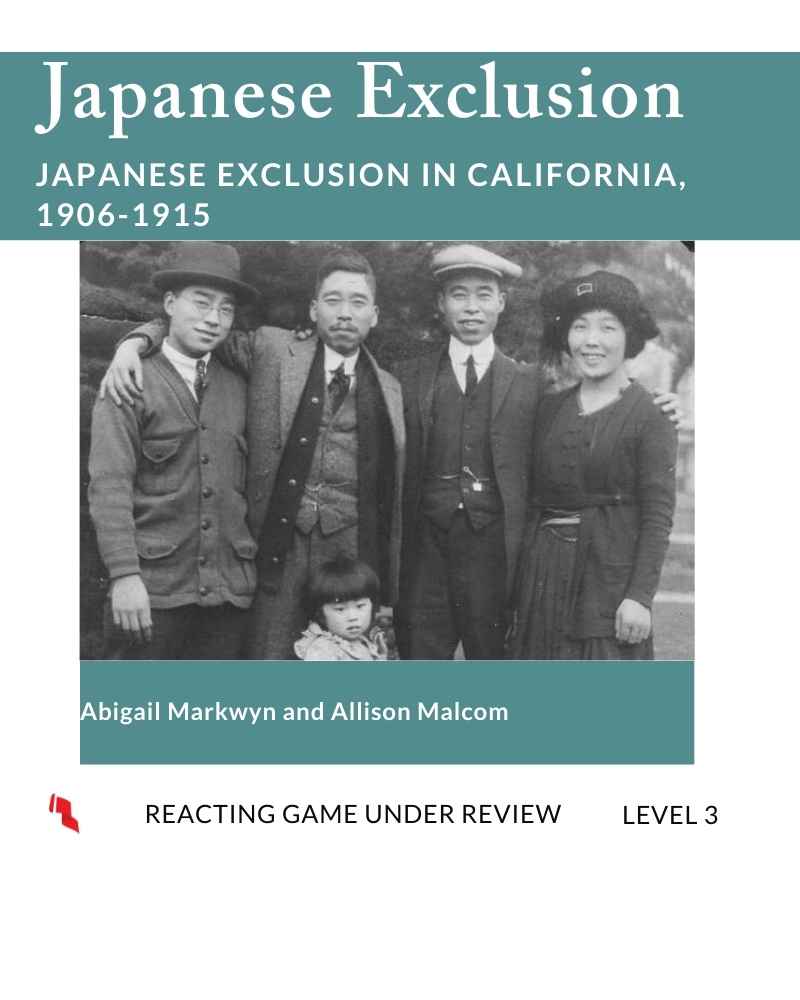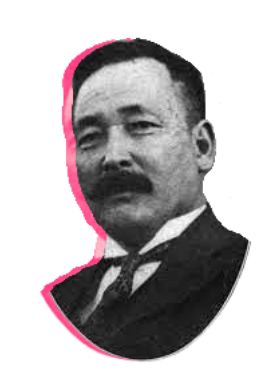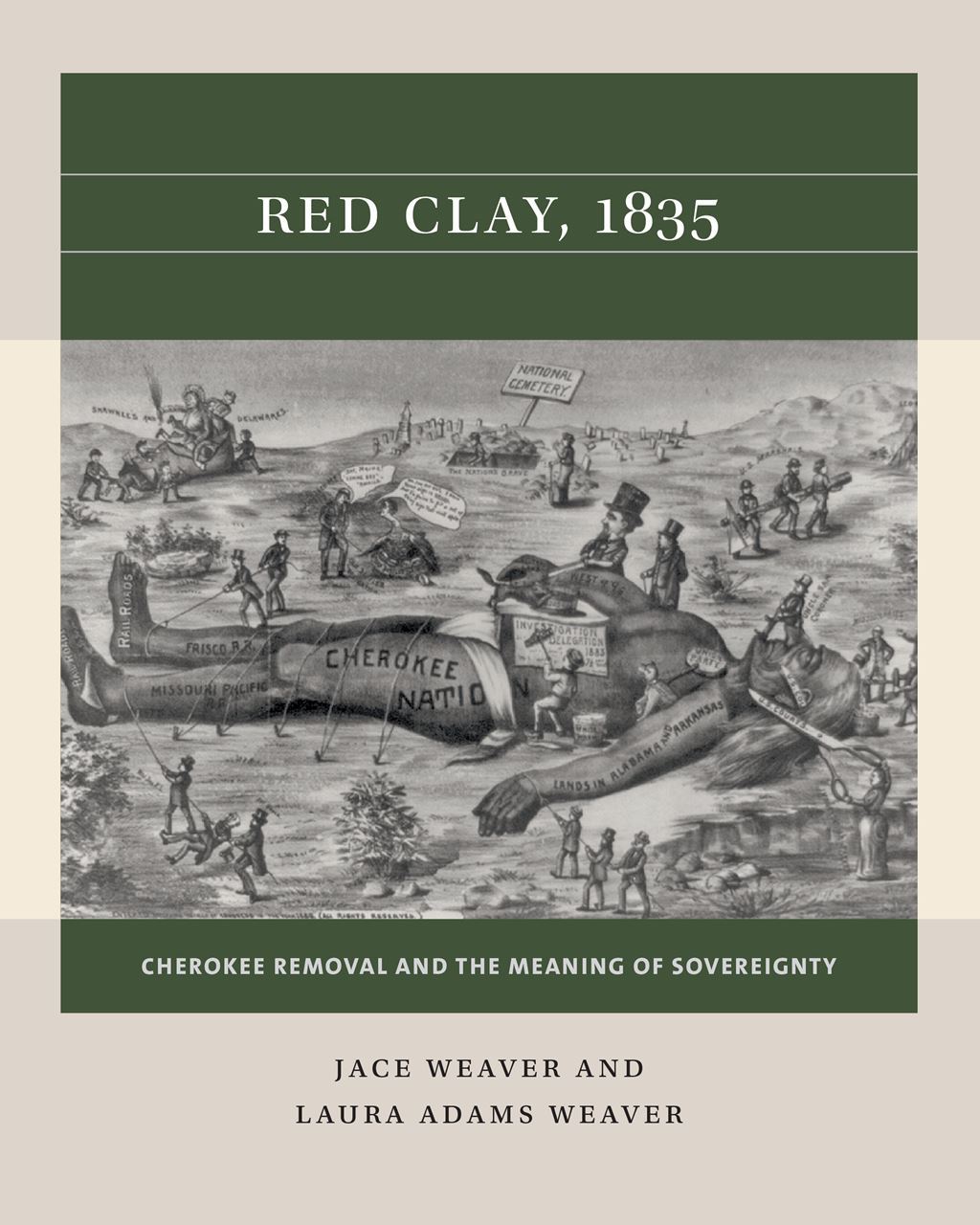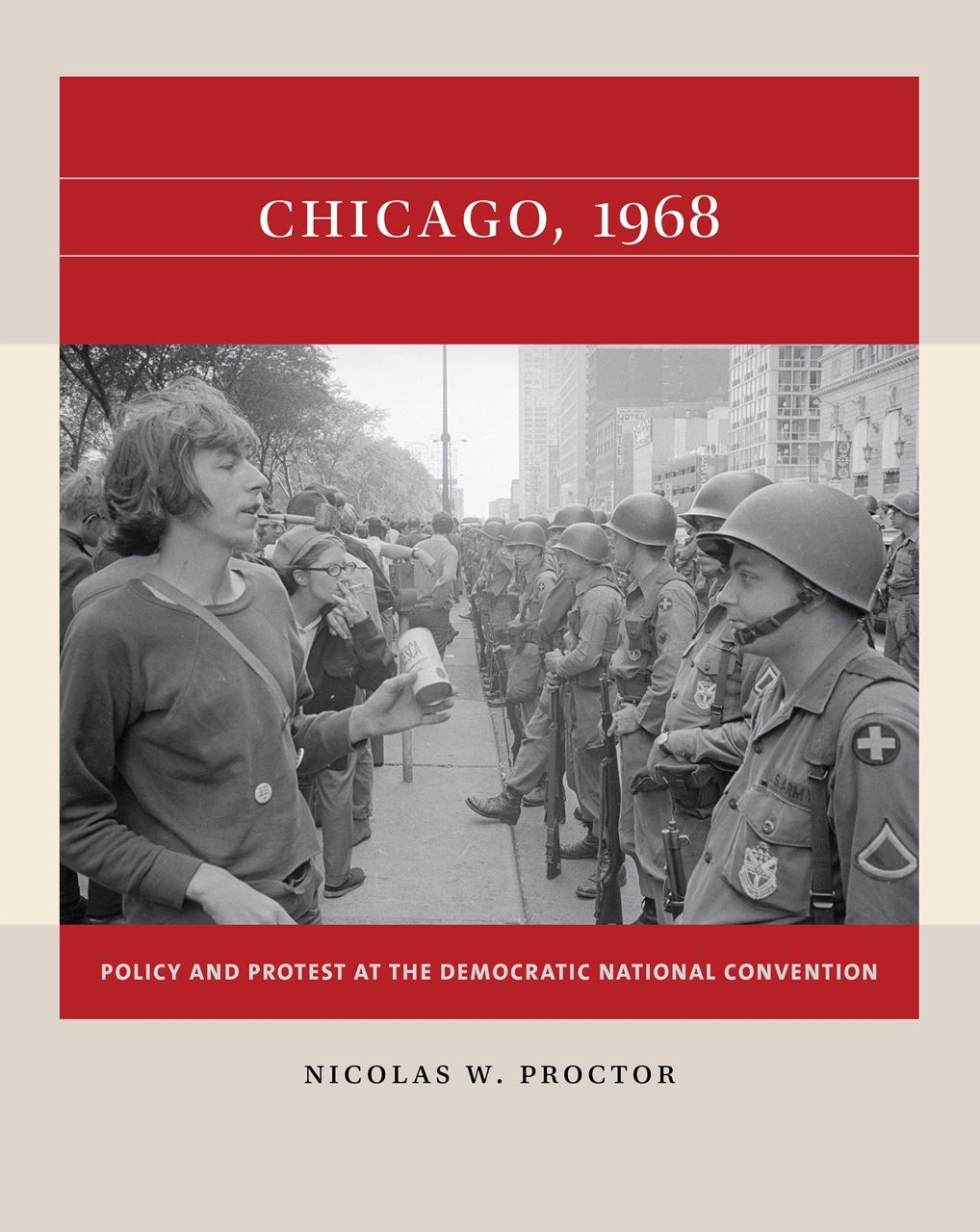 |
JAPANESE EXCLUSION 1906-1915
Japanese Exclusion in California, 1906-1915
by Abigail Markwyn and Allison Malcom

Play this game recently? | When Local Racism has International Consequences In the wake of the 1906 earthquake, a progressively-minded San Francisco School Board votes to remove Japanese schoolchildren from their regular schools in order to send them to the segregated “Oriental School” in Chinatown. This event occurs against a backdrop of violent attacks on Japanese people in California. These actions raise the ire of Japan, whose Treaty with the United States protects Japanese citizens in the United States as equal to Americans. This is a Level 3 game that is still under development but has been approved by the Reacting Editorial Board (REB) for general use. A detailed explanation of the editorial process and game levels can be found on our REB Page. |
Details
|
George Shima |
|
"Handsome Gene" Schmitz |
Using the Game
Class Size and Scalability Class Time
|
 GAME MATERIALS
GAME MATERIALS
Reacting Consortium members can download all game materials below. You will be asked to sign in before downloading.
Please Fill out the Permissions Request Form Before Using Japanese Exclusion in Your Class!
Gamebook All students need a Gamebook, which includes resources and historical content. Members can download the Gamebook, and provide it to students for free or at cost. VERSION 3.0. Updated December 2021 | Instructor's Manual The Instructor's Manual includes guidance for assigning roles, presenting historical context, assignments, activities and discussion topics, and more. | Role Sheets Students also need a Role Sheet, which contains biographical information, suggestions for further reading, and role-specific info or assignments. |
Additional Resources A Family Gathering (1988)
|
Abigail Markwyn Abigail Markwyn, PhD, is a Professor of History at Carroll University in Waukesha, Wisconsin. She is the author of Empress San Francisco: The Pacific Rim, the Great West, and California at the Panama-Pacific International Exposition (Nebraska, 2014) as well as numerous articles on race, gender, and boosterism at World's Fairs. | Reacting and Related Titles
|
Alison Malcom
Allison Malcom, PhD, is an Adjunct Professor of History at Carroll University in Waukesha, Wisconsin. Her teaching and research interests focus on the roles of immigration and religion in the development of American national identity.
|
Members can contact game authors directly if they have questions about using the game. We also invite instructors join our Facebook Faculty Lounge, where you'll find a wonderful community eager to help and answer questions.
|
|
|





